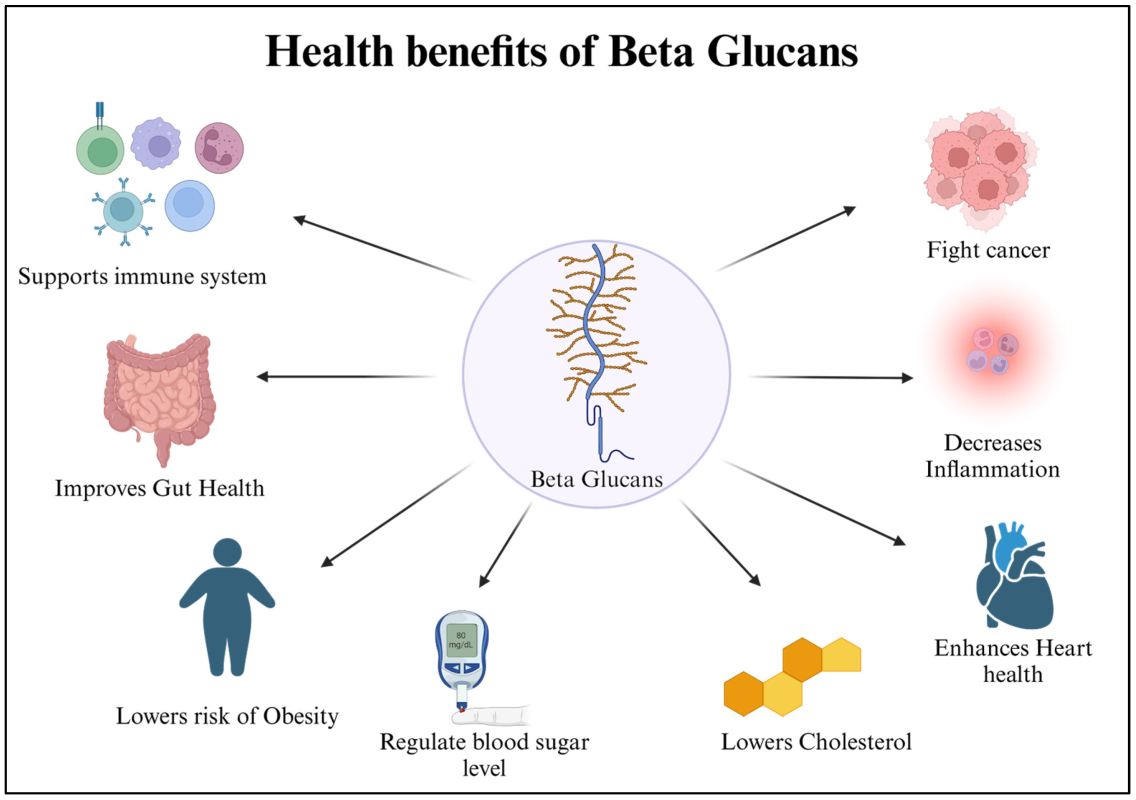Cannabis, CBD, Magic Mushrooms
🧠 Neuroplasticity and Mushrooms: Can They Rewire the Brain?
For decades, it was believed that the adult brain couldn’t change—what you were born with, you were stuck with. But neuroscience has since upended that belief with a groundbreaking concept: neuroplasticity—the brain’s ability to grow, adapt, and rewire itself throughout life.
At the same time, the world of natural health has turned its attention to a surprising ally in brain health: functional mushrooms, especially one called Lion’s Mane (Hericium erinaceus). Could mushrooms really help promote neuroplasticity and support cognitive renewal?
Let’s explore how these fungi may influence brain function, the science behind their bioactive compounds, and whether mushrooms can truly help rewire the brain.
🔄 What Is Neuroplasticity?
Neuroplasticity is the brain’s ability to reorganize itself by forming new neural connections in response to:
- Learning and experience
- Injury or trauma
- Environmental changes
- New behaviors and thought patterns
It’s how you learn new skills, recover from brain injuries, and form long-term memories. It also plays a critical role in mental health, emotional resilience, and cognitive longevity.
However, as we age or experience chronic stress, the brain’s neuroplastic potential can decline. That’s where functional mushrooms may come into play.
🍄 Enter Lion’s Mane: The Brain Mushroom
Among all functional mushrooms, Lion’s Mane has gained the most attention for its potential neuroprotective and neuroregenerative effects.
Why? Because it contains two rare compounds:
- Hericenones – stimulate nerve growth factor (NGF) in the brain (found in the fruiting body)
- Erinacines – penetrate the blood-brain barrier and stimulate NGF synthesis (found in the mycelium)
What is NGF (Nerve Growth Factor)?
NGF is a protein that plays a vital role in:
- The growth, repair, and survival of neurons
- Formation of new synapses (connections between brain cells)
- Supporting myelination (nerve insulation for better signaling)
In short, NGF is like brain fertilizer—and Lion’s Mane appears to naturally stimulate its production.
🧪 The Science So Far
Several animal and in vitro (test tube) studies have shown promising results:
🐀 Animal Studies:
- A 2008 study published in Phytotherapy Research showed that Lion’s Mane promoted nerve regeneration and reversed memory deficits in mice with induced Alzheimer’s-like conditions.
- Another study found that mice fed Lion’s Mane extract showed improved spatial memory and object recognition compared to control groups.
🧍 Human Studies:
- A small human trial in 2009 (Nagano et al.) found that older adults with mild cognitive impairment experienced significant improvements in cognitive function after 16 weeks of Lion’s Mane supplementation.
- Participants stopped improving once they stopped taking the supplement, suggesting continued use is important.
⚠️ While these results are promising, more large-scale human clinical trials are needed to confirm long-term cognitive benefits.
🧠 Other Mushrooms That May Support Brain Health
While Lion’s Mane is the superstar, other functional mushrooms may contribute to cognitive resilience and support neuroplasticity indirectly:
🌿 Reishi:
- Calms the nervous system and supports the parasympathetic state, allowing the brain to enter deeper states of recovery
- Contains triterpenoids that may protect neurons from oxidative stress
⚡ Cordyceps:
- Boosts ATP (cellular energy) and may enhance oxygen delivery to the brain, supporting cognitive stamina
🦠 Turkey Tail:
- Supports gut health and the gut-brain axis, influencing neurotransmitter production and mood regulation
🧘 Mushrooms and the Mind-Body Connection
Neuroplasticity isn’t just about neurons—it’s also deeply affected by lifestyle factors:
- Sleep quality
- Stress levels
- Nutrition
- Movement and learning
Mushrooms, when paired with habits like meditation, breathwork, and clean nutrition, may enhance the brain’s adaptive capacity by lowering inflammation, balancing stress hormones, and fueling neural regeneration.
🧴 How to Take Lion’s Mane for Neuroplasticity
If you want to explore Lion’s Mane for brain support, consistency and quality are key.
✅ Best practices:
- Dual-extracted supplements (alcohol + water extraction to pull out both hericenones and beta-glucans)
- Look for products containing fruiting body (and/or mycelium with erinacines)
- Ideal dosage: 500 mg to 3000 mg/day, depending on product potency
- Take daily for at least 30–60 days to assess effects
- Consider stacking with omega-3s, magnesium, or adaptogens for enhanced support
🧭 Final Thoughts
So—can mushrooms really rewire the brain?
While they’re not magic bullets, Lion’s Mane and other functional fungi show strong potential to support the natural processes of neuroplasticity. By stimulating nerve growth factors, reducing inflammation, and supporting overall brain environment, they offer a natural, sustainable way to help your mind stay flexible, focused, and resilient.
🍄 In a world where cognitive decline and stress are on the rise, functional mushrooms may be one of nature’s smartest solutions for a sharper, more adaptable brain.

